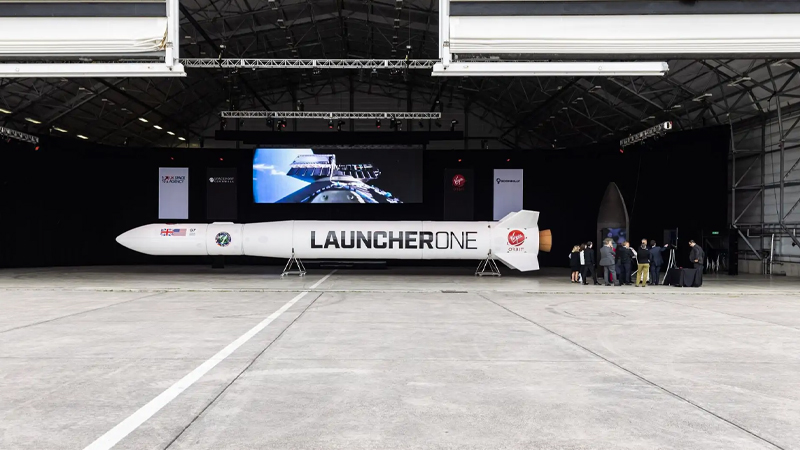

Spaceport Cornwall is shaping up to be a major player in the British space industry. 2021 has so far been a big year in the international space scene, and many of these developments have a knock-on effect for the future of Spaceport Cornwall.
Let us look at Cornwall’s vision for the future of its growing space sector and its goals for the rest of the decade.
One of Spaceport Cornwall’s biggest partners is Virgin Orbit. The company has completed two launches this year, both of which received significant public attention. Hopefully, this will translate to considerable coverage for the 2022 launch at Spaceport Cornwall. Cornwall Council believes it will aid the much-needed recovery of the area’s economy after it has missed out on 18 months of tourism trade.
Further afield in Cornwall, Truro & Penwith College is currently building space training facilities on par with the UK’s current leading centres. It is a clear sign that Cornwall sees itself as a long-term hub for the British space sector. The college will offer apprenticeships, training, and degrees in various space-related subjects, and projects it will add £1 billion to the local economy.
Another important development was the signing of space regulations into law. Passed on 29th July 2021, the new legislation means there is now a legal framework for the British space sector. Importantly, it will allow Spaceport Cornwall to apply for licensing for its 2022 launch and will lead to a £4 billion boost to the market through jobs and infrastructure.
Virgin Orbit’s 2022 launch will include Kernow Sat 1, a project announced at the G7 summit earlier this year. It will be the first satellite designed, built, and launched exclusively in Cornwall and will monitor the county’s coastline.
Although much focus is on this launch, Cornwall is setting its sites slightly further ahead, too. By 2030, it plans to achieve the following goals:
These are certainly lofty goals, but considering the progress made in the last year, there is no reason why they could not be achieved. Cornwall has the benefit of some powerful project partners, allowing it to progress at a considerable pace. What more evidence do we need than the UK’s first commercial space launch being less than twelve months away?
One advantage Cornwall has for its developing space sector is an eye for sustainability. Building a spaceport in the 2020s comes with different moral obligations than it did in the past, and Cornwall seems perfectly aware of this.
Its focus is on a self-contained space industry, keeping everything “in-house”. Is a somewhat insular model the future of the British space industry? Only time will tell.
